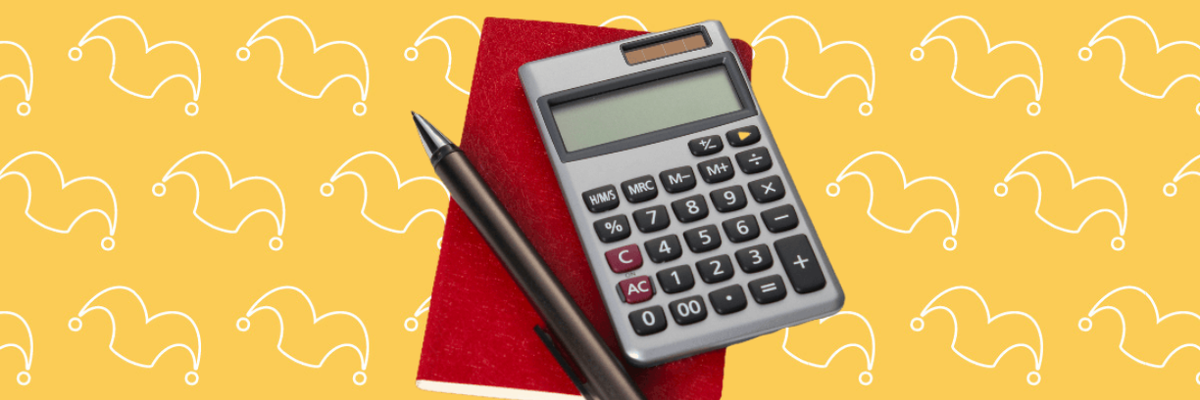Nearly Half of All Americans Miss This Retirement Savings Opportunity
KEY POINTS
- Retirement accounts help you save on taxes as you invest for retirement, but only about half of Americans use them.
- A 401(k) is an option if your employer offers one, and anyone who has earned income can open an IRA.
- If you're self-employed, you likely have other retirement plan options, including SEP IRAs, solo 401(k)s, and SIMPLE IRAs.
Retirement accounts, including 401(k)s and individual retirement accounts (IRAs), are a smart way to save for retirement. But only 51% of Americans use them, according to a recent investing study by The Motley Fool.
Some people don't see the point of using retirement accounts. Or they don't think they're eligible for one because they don't work for an employer that offers 401(k) plans. Below, we'll cover why using retirement accounts is important and how anyone can open one.
The benefits of investing through retirement accounts
The most valuable benefit of retirement accounts is that they help you save on taxes as you invest your money. This is something you don't get with a regular brokerage account. With that type of account, you've already paid income taxes on the money you deposit and will pay capital gains taxes when you sell your investments.
With a traditional 401(k) or IRA, you contribute pre-tax income. Your contributions are tax deductible. If you contribute $5,000, that's $5,000 you can deduct from your taxable income. If that was going to be taxed at 24%, you've saved yourself $1,200.
With a Roth 401(k) or Roth IRA, you contribute post-tax income. You're not able to deduct contributions on your taxes, but you can make tax-free withdrawals in retirement. If you have $100,000 in Roth accounts when you retire, that's $100,000 in tax-free income.
The tax savings are the main reason why retirement accounts are so widely recommended. But there are a few other reasons to use them:
- They make it easy to automate your retirement savings. Your 401(k) contributions will come directly out of your paycheck. Most IRA brokers give you the option of setting up automatic contributions on a schedule of your choosing.
- They incentivize you to keep your money invested. Because these are retirement accounts, there's an early withdrawal penalty of 10% for withdrawals made before you are 59 1/2. Even though this makes them less flexible, it also gives you a reason not to take out your retirement savings early.
How to start using retirement accounts
If you don't have a retirement account yet, start by seeing if your employer offers a 401(k). This type of plan is an excellent option because of the high contribution limit: $23,000 in 2024 ($30,500 for those 50 and older). Also, many companies will match 401(k) contributions up to a certain amount, which boosts your retirement savings.
Not everyone has that option, however. If you're a freelancer, for example, you won't have an employer to offer a 401(k) plan for you. The next option to consider is an IRA. Anyone who has earned income can open one, and the contribution limit is $7,000 in 2024 ($8,000 for those 50 and older). Most Americans can also open Roth IRAs, although those have income limits that exclude high earners. The limit depends on your filing status.
You can open an IRA or Roth IRA with an online stock broker. If you're looking for a broker, here are Motley Fool Money's recommendations:
There are also retirement plan options for self-employed workers, including SEP IRAs, solo 401(k)s, and SIMPLE IRAs. If you're self-employed, which includes owning your own business or doing gig work, you may want to open one of these accounts. They have much higher contribution limits than IRAs and Roth IRAs. For example, in 2024, SEP IRAs let you contribute up to either 25% of your net self-employment earnings or $69,000, whichever is less.
Because of the tax benefits, it makes sense to open and invest through retirement accounts first. It's fine if you also want to invest through a regular brokerage account so you can access some of your earnings before you're 59 1/2. But tax-deductible contributions and tax-free withdrawals in retirement are valuable. To maximize your retirement savings, make sure you're in the 51% of Americans who use retirement accounts.
Our Research Expert




